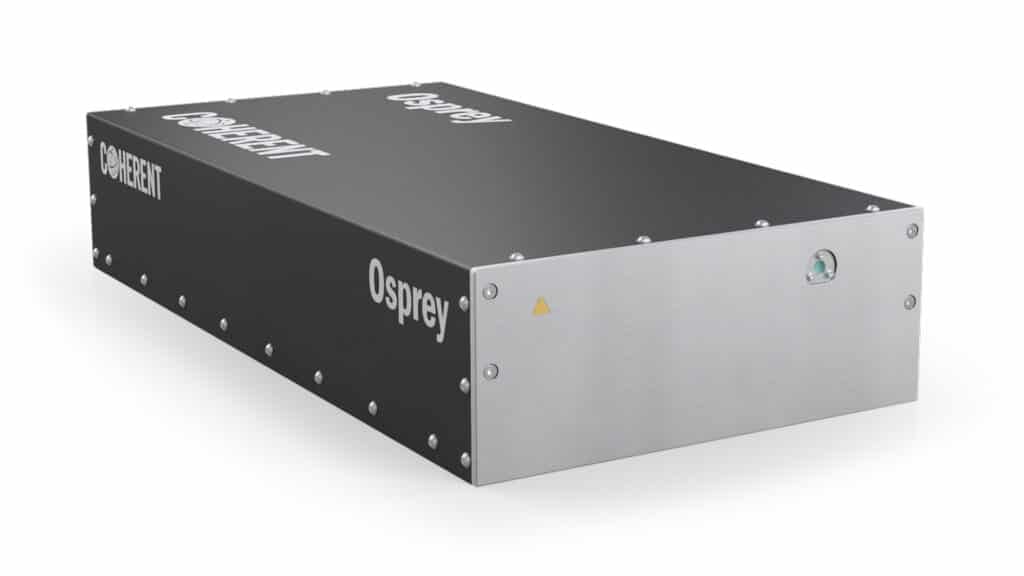68% of salespeople would be much more productive at work if they didn’t have to manually enter data into their CRM — it’s clear that something needs to change.
It’s no surprise that customer data is the holy grail for sales teams. Data is a critical part of a salesperson’s ability to guide potential customers through the sales process. With the right data, a seller can provide recommendations on next best steps and close deals. But for many organizations, managing data is a significant challenge.
While customer relationship management (CRM) systems are often the tool of choice to capture, manage, and track customer data, many rely on manual data entry, which some sales teams fail to update consistently. This can lead to incomplete customer profiles, faulty insights, and poor revenue forecasting. Equally as important, this can often lead to mistakes that can potentially impact the success of a deal. Our research shows that 52 percent of sellers have a love/hate relationship with their CRM. They love the CRM, but they hate manual data entry. A whopping 82 percent of salespeople shared that faulty data has led to an embarrassing mistake with a customer. It’s time for something to change.
Sales Tools Need to Help, Not Hinder, the Process
In the last two years, customers have been changing the sales game. They have a myriad of choices and information available to them whenever they want. They are self-directed, informed, and more digital than ever. As a result, sales has never been more complicated — making real-time customer insights more valuable.
Our team here at Futurum collaborated with Microsoft on a pulse study developed to capture the feelings around current CRM tools. We surveyed over 500 salespeople who live and work in North America and who use a CRM on a regular basis. The findings revealed what we surmised going in — the tools in use today aren’t always helping and, in some instances, they are even hindering a salesperson’s ability to do their job.
Recognizing and understanding the changes currently happening in the sales environment, it’s important for sales teams to transform. This means reimagining their processes to drive better outcomes. Sales needs to be more productive, and the vital customer data must be put to work and effectively utilized.
Manual Data Entry Take Up Too Much Time
Time is money. While it may be cliché, it’s also incredibly true for sales teams. Unfortunately, manually entering data into a CRM eats into valuable time – time that could be better spent with, or serving, customers. If you’re in sales, you’re likely nodding as you read that — and we feel your pain. A significant number of our survey respondents (46 percent) shared that they feel like they’re spending more time than they like manually entering data, and 20 percent shared they feel like they are always manually entering data. A substantial 56 percent shared they feel that manually entering data always or frequently gets in the way of customer time, and 80 percent say that their lives would be so much easier if CRMs automatically captured data during calls.
The data is pretty clear here: sellers want to spend their time doing things of value. If they didn’t have to manually enter, update, and verify data, sellers say they would prefer to be building relationships with customers, solving customer problems, and unsurprisingly, winning or closing deals.
Microsoft is Reimagining What Sales Looks Like
We have access to more data than ever before. While this is a boon for sales teams and offers a lot of potential, these survey results show us that challenges very much exist. Sellers want change and it’s obvious that better data management is at the top of their respective lists. The good news? Organizations don’t have to go it alone on this front. Microsoft is ready to provide a solid assist.
This week, Microsoft announced a new vision for the sales environment, designed to help automate the menial tasks and free up salespeople to do what they do best — sell. Microsoft’s mission here is to turn the current CRM tools into gateways of action instead of just a place to hold data.
And integration is key — the ability to integrate all elements of a CRM and other systems of record with systems of productivity will be a gamechanger. Microsoft is redesigning the process and their new sales experience application is specifically designed to provide AI-driven actions and tips for sellers so that their CRMs work for them instead of the other way around.
Microsoft’s new vision, and ultimately the solutions that are currently in development, are designed to simplify and streamline every part of the sales process, helping drive peak productivity and delivering on revenue generating opportunities. We’re looking forward to what’s coming from Microsoft and if you’re leading sales teams, we think you’re going to find this very exciting, too. If you want a deeper dive on Microsoft’s new vision for the sales process and how it can work for you and your organization, download our latest research brief here.
Disclosure: Futurum Research is a research and advisory firm that engages or has engaged in research, analysis, and advisory services with many technology companies, including those mentioned in this article. The author does not hold any equity positions with any company mentioned in this article.
Analysis and opinions expressed herein are specific to the analyst individually and data and other information that might have been provided for validation, not those of Futurum Research as a whole.
Image Credit: Getty Images
Author Information
Daniel is the CEO of The Futurum Group. Living his life at the intersection of people and technology, Daniel works with the world’s largest technology brands exploring Digital Transformation and how it is influencing the enterprise.
From the leading edge of AI to global technology policy, Daniel makes the connections between business, people and tech that are required for companies to benefit most from their technology investments. Daniel is a top 5 globally ranked industry analyst and his ideas are regularly cited or shared in television appearances by CNBC, Bloomberg, Wall Street Journal and hundreds of other sites around the world.
A 7x Best-Selling Author including his most recent book “Human/Machine.” Daniel is also a Forbes and MarketWatch (Dow Jones) contributor.
An MBA and Former Graduate Adjunct Faculty, Daniel is an Austin Texas transplant after 40 years in Chicago. His speaking takes him around the world each year as he shares his vision of the role technology will play in our future.





